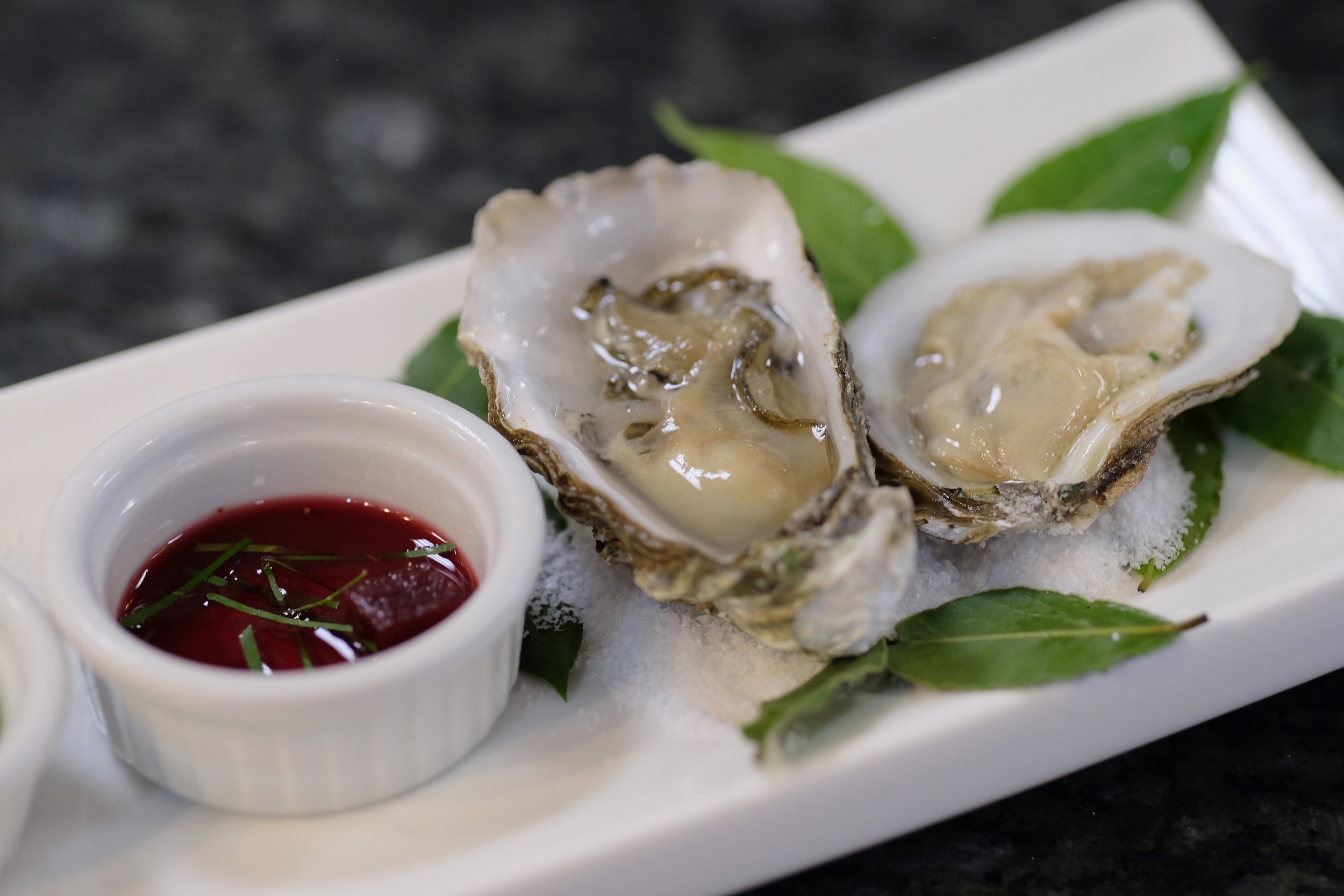
Raw oysters are often a happy hour favorite, but a Texas woman died from what is being reported as a flesh-eating bacteria after enjoying the food while on vacation, according to Louisiana TV station KLFY. While on a trip to the Louisiana coast, Texas resident Jeanette LeBlanc shucked and ate a couple dozen raw oysters purchased from a market only to get sick within days.
Related: What is Vibrio Vulnificus and Should You Be Concerned?
Her wife, Vicki Bergquist was with LeBlanc on the trip and described the oyster's scary effects to the TV station. "About 36 hours later she started having extreme respiratory distress, had a rash on her legs and everything," Bergquist said.
According to the station's report, LeBlanc's family and friends initially thought she had an allergic reaction. However, the woman's condition immediately worsened within two days. Doctors diagnosed LeBlanc has having been infected with vibrio, a type of bacteria prevalent in some coastal waters, according to the Centers for Disease Control. People can get vibrosis from either eating raw or undercooked seafood or by seawater touching a wound. Typically, infections happen from May through October when water is warm.
LeBlanc succumbed to the bacteria and died on October 15, 2017, according to the station. "I can't even imagine going through that for 21 days, much less a day. Most people don't last," her friend Karen Bowers, who ate the raw oysters with LeBlanc, said.
While media reports are calling this a flesh-eating bacteria, it's important to note that this is not one of the bacterial groups listed by the CDC as causing necrotizing fasciitis, the skin infection that destroys the body's soft tissue. The CDC writes that those bacteria include the A Streptococcus, Klebsiella, Clostridium, Escherichia coli, Staphylococcus aureus, and Aeromonas hydrophila.The CDC site explains public health experts believe strep is the most common bacteria source.
Texas woman dies from flesh-eating #bacteria after #rawoysters banquet - the dangers of eating raw #seafood https://t.co/XdWBJ0zyQ3
— God Emperor of Drama (@PolenGeneration) January 6, 2018
In a podcast about eating raw oysters, the CDC explained that anyone is susceptible to getting ill from eating raw oysters. Usually, healthy people will experience diarrhea and vomiting, but those with a medical condition, like diabetes or a weakened immune system, could suffer severe consequences. Vibrio can't be detected and is found even in unpolluted waters, so there is no way of knowing whether your appetizers may have the bacteria.
Some may believe that hot sauce or lemon juice kill any harmful bacteria, but the Food and Drug Administration explains that cooking your food is the only way to destroy vibrio.
Bergquist and Bowers are now talking to the media to raise awareness about the potential risk of eating raw oysters. "If they really knew what could happen to them and they could literally die within 48, 36 hours of eating raw oysters, is it really worth it?" Bowers said to KLFY.
Uncommon Knowledge
Newsweek is committed to challenging conventional wisdom and finding connections in the search for common ground.
Newsweek is committed to challenging conventional wisdom and finding connections in the search for common ground.
About the writer
Melissa is a science writer covering health for Newsweek and has contributed to Inc., Dr. Oz The Good Life, Men's Fitness, Marie Claire and others. She earned ... Read more
To read how Newsweek uses AI as a newsroom tool, Click here.








